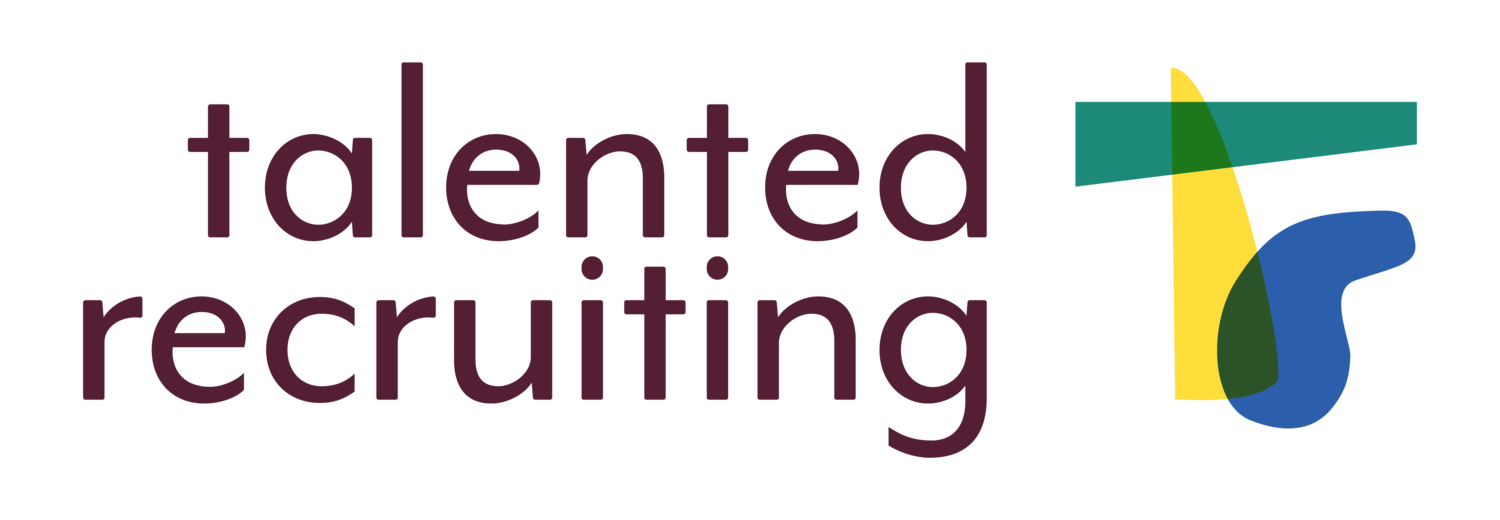When you're looking to fill a job, there are two types of candidates you can consider. The first is the active candidate, one who directly applies to your open position and expresses interest in working for you. The second is the elusive, but sometimes much more valuable, passive candidate. This person is currently employed and may not be looking for a new job, but could be swayed by the right opportunity or right relationship. What is the differences in approaching these two potential hires?
Headhunting has long been a method for finding the right candidate, but in today's age of social media and constant connectivity, the game has completely changed. While cyclical, we are in a job seeker's market, and many industries are seeing heated battles to get the cream of the crop. It's also getting harder to locate the right people: According to the 2016 LinkedIn Global Recruiting Trends report, 46 percent of employers say their biggest hiring obstacle is finding candidates in high-demand talent pools.
I am often asked, “How do you find great passive candidates?” Recruiters have extensive personal and professional networks. I love keeping in touch with people I have worked with. I also make it a point to help out where I can. Just this week I have two in person meetings with different ex colleagues looking for expert recruiting thoughts for their start-ups, a call with a past candidate to strategize on asking for a raise, and a happy hour to discuss basic foundations for laying out a strong engineering culture from the start. CEO, Carolyn Betts, of Bett’s Recruiting summed it up perfectly “Recruiting is a relationship business”. For me, helping connect friends and colleagues is a huge perk of the job.
It's not always an easy journey, though. The more skilled and experienced a person is, the more companies there are that want them, and it can be tough to get their attention. These passive candidates know their worth and have no problem ignoring your emails requesting their resume and work samples if they don't think the opportunity or employer is the right fit.
A phone call with a passive candidate is huge a win in the modern recruiting process: means they're at least willing to hear you out. Candidates value transparency and time. Sometimes, I suggest to my client that they take a meeting, or a phone call before we have an updated resume or portfolio. By the time a candidate has prepared these things, they are ready to start sending them to other companies. Passive candidates will procure these items quickly once they feel there is a viable opportunity.
If you're fairly new or are just starting to gain traction in the industry, it's unlikely that the top talent has heard of you. They may be skeptical of taking a risk on a company that's less established. To compensate for your lack of "buzz", the most successful of my clients, come out of the gate strong, telling the story of their company journey, their vision and paint the picture of how the candidate’s background fits in, and what sort of career growth they can expect from making a move.
Passive candidates are not impossible to attain, but it does take a little extra work to convince someone to switch horses. With a great recruiter to help you find strong passive talent and the right strategy to win them over, you just might find yourself interviewing the best people your industry has.

